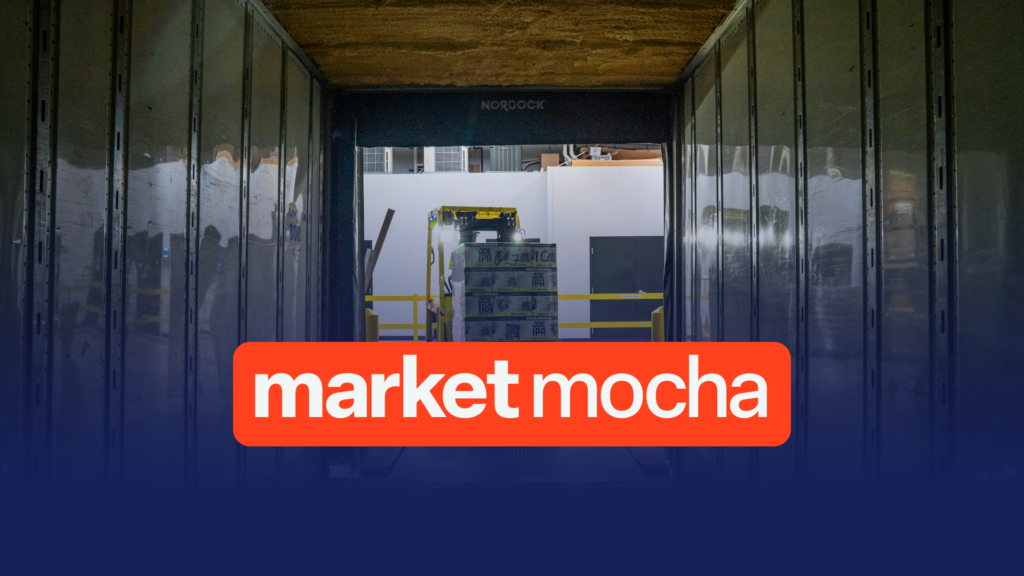Temu shoppers in the United States are facing sharp price hikes as the Chinese e-commerce platform adds hefty “import charges” in response to new tariffs imposed by President Donald Trump’s administration.
The once-ultra-cheap marketplace, popular for offering goods at rock-bottom prices, has begun levying surcharges of around 145% on many orders, more than doubling the cost of some items. A three-pack of men’s athletic shorts, advertised at $23.61 with free shipping, cost $56.36 after a $32.75 import charge, according to an NBC News review. A child’s swimsuit priced at $12.44 ballooned to $31.12 after additional fees.
Temu now posts a notice at checkout warning that “items imported into the U.S. may be subject to import charges” covering customs-related costs. However, the company notes that the amount shown may not match the actual payment to customs authorities.
The sharp jump follows the Trump administration’s recent imposition of a 145% levy on goods imported from China, a move designed to pressure Beijing but now hitting U.S. consumers directly. China’s retaliatory tariffs have further escalated tensions, with Barclays analysts warning the measures effectively amount to “a trade embargo on both sides.”
Shift toward local shipping
In response, Temu has accelerated efforts to promote items stored in U.S. warehouses. Products listed as “local” are now more prominently displayed to American users, often accompanied by banners advertising “no import charges.” A review of Temu’s “lightning deals” page on Monday showed over 75% of featured items tagged as “local.”
Still, products shipped from China often remain significantly cheaper. A blender manufactured and shipped within the U.S. retailed for $34.19 with no additional fee, while a similar China-sourced blender listed for $5.94 ended up costing more than $14 after an $8.18 import charge.
Consumer backlash and market impact
The sudden rise in costs has triggered frustration across social media platforms. Some users posted screenshots showing import charges exceeding the original value of their shopping carts, while others joked that Temu should add a “Trump did this” label next to the import fees at checkout.
The tariff-driven price increases undermine the very value proposition that made Temu a hit with budget-conscious U.S. consumers. The platform, owned by Chinese giant PDD Holdings, had surged in popularity by offering deeply discounted clothing, gadgets, and home goods — even if shipping times stretched over several weeks.
Now, with prices creeping closer to those of Amazon, Walmart, and Target, and delivery speeds remaining slower, Temu’s appeal risks fading. The company has reportedly slashed its online advertising budget in the U.S., with its ranking in Apple’s App Store dropping from the top 10 to No. 73, according to Sensor Tower data.

